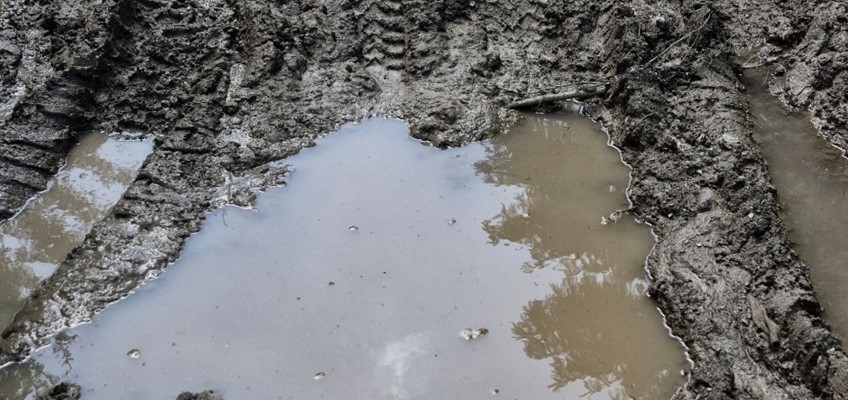Partnership approach to tackling off-road biking
I was recently invited to join a round table meeting to discuss off-road biking.
The police, local authorities, commoners associations and local MPs came together for the meeting, which was chaired by Blaenau Gwent MP Nick Smith.
Gwent Police reported that between May 22 and April 23 they had 1,174 reports of illegal off-road vehicles. We know that many more incidents will have gone unreported.
The partners at the meeting recognised that this is a very hard crime to police. Catching illegal riders in the act is difficult over such vast areas of countryside and police have limited powers to take preventative measures.
However, Gwent Police continue to be proactive. Officers have seized more than 90 off road bikes in the last year. They have also been working to identify and disrupt commercial organisations that are bringing paying customers to the area to ride illegally.
Given the complexity of the problem, and the resources available, I am confident that the police are doing the best they can to try and tackle this crime.
Whenever I talk about off-road biking some people claim it is a victimless crime. We must be clear that it is not.
It causes injury, distress and even death to grazing animals. The threatening behaviour from some riders makes it hard for farmers to do their jobs. It is harming their livelihoods.
Then there is the environmental damage. Wild animal habitats, green spaces, walking and cycling routes are being ruined. There is a greater risk of flooding as the landscape’s natural defences are being destroyed.
Normal road users and pedestrians are also put at risk from reckless riding. Many of these vehicles are uninsured, untaxed and shouldn’t be on the roads.
We will continue to work with partners to tackle this crime. But to take effective action the police need people to report information.
You can report issues anonymously to Gwent Police via 101, or Gwent Police’s Facebook and Twitter page. You can also report information anonymously to Crimestoppers on 0800 555 111.
In an emergency always call 999.

